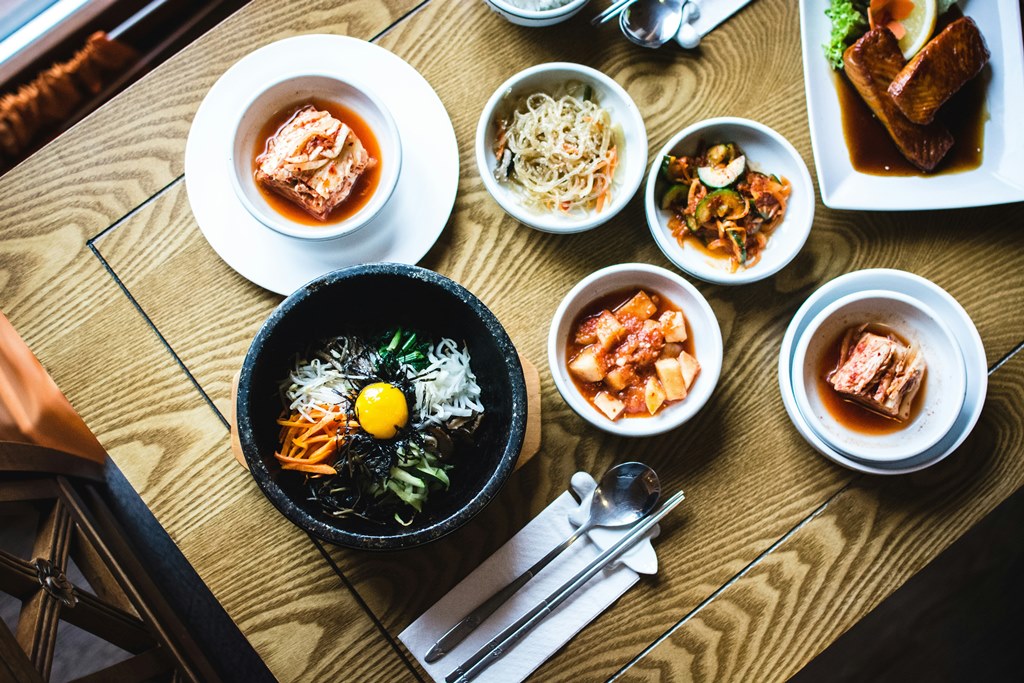SEOUL (ANN/KOREA HERALD) – The Seoul city government has launched a campaign to improve the accuracy of foreign-language names for Korean dishes, aiming to enhance culinary tourism by providing clear translations for international visitors.
The initiative, in collaboration with the Seoul Tourism Organization and the Korea Food Service Industry Association, runs through Nov 1, targeting the correction of common translation errors on restaurant menus that can confuse tourists. Foreign visitors to Seoul have often encountered perplexing translations, with “bear tang” mistakenly used for gomtang (beef bone soup), “six times” for yukhoe (beef tartare), “chicken a–hole house” for stir-fried chicken gizzards, and “dynamic stew” for pollack stew. These errors often result from literal translations or automated tools that miss the true essence of traditional Korean dishes, according to the Seoul Metropolitan Government.

The city also aims to promote “shinchi” as the official Chinese translation for “kimchi” instead of the inaccurate “pao cai.” This correction will help standardise the translation of this iconic Korean dish.
The Seoul Foreign Language Dictionary, an online resource with 30,253 English, 28,900 Chinese, and 29,610 Japanese entries, is being highlighted as a reliable guide to help restaurateurs create accurate and culturally respectful translations.
On Wednesday, city officials and the Korea Food Service Industry Association began engaging with restaurants in Seoul’s popular Myeong-dong district, and they plan to expand outreach to other tourist-heavy areas. Additionally, the city will distribute multilingual digital menu boards to 400 restaurants frequented by foreign visitors, with applications open until Nov. 15.
“Accurate naming is essential in introducing our cuisine to the world,” said Kim Young-hwan, Director General of the city government’s tourism bureau. “We encourage restaurants to adopt these standardised translations to support Seoul’s culinary tourism and provide visitors with an authentic understanding of Korean dishes.”























































